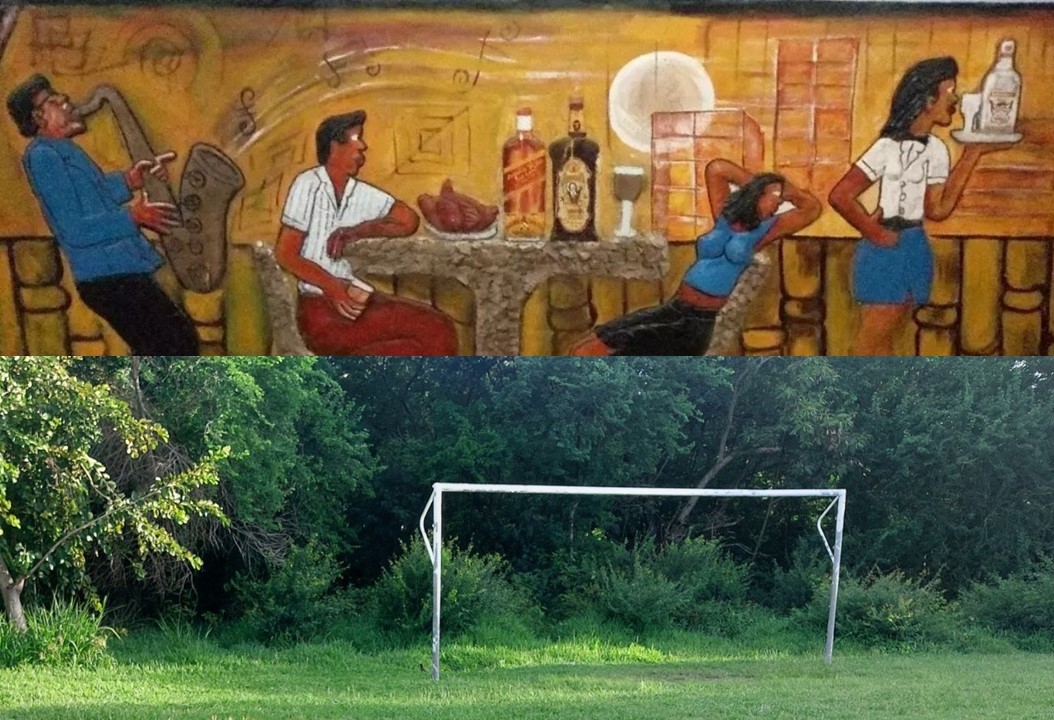The “Sport and Leisure in Africa” panel is an initiative of the “International Network for Sport and Leisure in Africa” (RIDLA), which is currently under construction. RIDLA brings together academics and people interested in deepening and disseminating knowledge about sports and leisure practices in Africa. Since 2010, RIDLA has organized seven congresses in Lisbon, Porto, Rio de Janeiro, Salvador and Maputo, seeking to create a solid sharing of written and iconographic documentation, testimonies, reflections and work on sport and leisure on the African continent. In order to consolidate the field to which RIDLA is dedicated, this panel aims to promote reflections, through the exchange of experiences and research in the different areas of African Studies, on the multiple manifestations and implications of leisure and sports practices on the continent. The panel will welcome papers on the political, social, cultural and other histories and meanings of sport and leisure phenomena in Africa, from the most popular and traditional to the most urban and erudite. These processes implied the incorporation by African populations of the various languages of new cultural creations, through which the meanings of African and/or universal experiences were re-elaborated, fundamental aspects for the analysis of the multiple facets, often tortuous, of the modernity built on the continent. Until very recently, research into sports, leisure and leisure activities, mainly historical in nature and limited to Portuguese-speaking African countries, has been neglected in studies of colonial and post-colonial contexts (Melo and Bittencourt, 2010; Marzano and Nascimento, 2013; Nascimento, 2013). This field of research has grown exponentially in the last fifteen years (Caderno de Estudos Africanos no. 26, 2/2013). We highlight the different approaches that have drawn attention to the multiple relationships between sport, leisure, African experiences and projects of modernity, especially when discussing topics such as sportivization and the use of time (Bosslet, 2017), sport and leisure integrated with popular culture, market logics and processes of capitalist expansion (Domingos, 2012 and 2021; Bittencourt, 2017), the relationship of both processes with phenomena of the disciplinarization of spaces, bodies, time, the exploitation of African labour (Nascimento, 2013; Melo, 2020; Pereira, 2020), as well as with debates on identities and the construction of the African nation and states (Melo, 2017; Chambel, 2022) and the political challenges of sports, cultural and leisure practices in African national contexts (Africana Studia nº 34, 2/2020; Africana Studia nº 36, 2/2021). For this panel, proposals are invited for papers on the following themes: – The multiple relationships between leisure spaces, ideologies of leisure, the sportification of societies and colonial projects; – Sociabilities and resistance in colonial and post-colonial times; – Leisure, sport and cultural consumption logics; – The field of tourism from a historical and/or social science perspective; – The economic and social contexts of sport and leisure in Africa: markets and worlds of work; – Associative movements around sport and leisure in different historical contexts; – Leisure and sport practices in debates about national identities and international disputes; – Sport and leisure policies in African countries.

7. Sport and Leisure in Africa
Bibliografía
Africana Studia nº 34, 2/2020, Culturas populares e urbanas em África, Porto, CEAUP
Africana Studia nº 36, 2/2021, Desporto e poder em África, Porto, CEAUP
Bittencourt, Marcelo (2017). “O futebol nos musseques e nas empresas de Luanda (1950-1960)”. Análise Social, 52(225), 874–893.
Bosslet, Juliana (2017). “Lazer em Luanda: o controle do tempo livre dos trabalhadores e a manutenção da ordem colonial (1961-1975)”. Análise Social, 52, 225: 830-847.
Caderno de Estudos Africanos nº 26, 2/2013, Em torno das Práticas Desportivas em África, Lisboa, CEI – ISCTE-IUL.
Chambel, Magdalena Bialoborska. Dêxa puíta sócó(m)pé. Música em São Tomé e Príncipe do colonialismo à independência. Lisboa: Centro de História da Universidade de Lisboa, 2022.
Domingos, Nuno. Futebol e colonialismo: corpos e cultura popular em Moçambique. Lisboa: Imprensa de Ciências Sociais, 2012.
Domingos, Nuno (Org.). Cultura Popular e Império: as lutas pela conquista do consumo cultural em Portugal e nas colónias. Lisboa: Imprensa de Ciências Sociais, 2021.
Marzano, Andrea; Nascimento, Augusto (2013). “O esporte nos países africanos de língua portuguesa: um campo a desbravar”. Tempo, 17, 34: 53-68.
Melo, Victor Andrade de; Bittencourt, Marcelo (orgs.). Mais do que um jogo: o esporte e o continente africano. Rio de Janeiro: Apicuri, 2010.
Melo, Victor Andrade de. (2017). “Para o bem da nação: usos políticos do desporto na Guiné portuguesa (1949-1961)”. Análise Social, 52, 225: 848–872.
Melo, Victor Andrade de Melo. Jogos de contrastes: O esporte na Guiné Portuguesa. Rio de Janeiro: 7Letras, 2020
Melo, Victor; Bittencourt, Marcelo e Nascimento, Augusto (2018). “Sport and Colonialism in Lusophone Africa — An Introduction”. The International Journal of the History of Sport, 2018, 35, 4: 293–295.
Nascimento, Augusto… [et al.]. Esporte e lazer na África: novos olhares. Rio de Janeiro: 7Letras, 2013.
Nascimento, Augusto. Desporto em vez de política no São Tomé e Príncipe colonial. Rio de Janeiro: 7Letras, 2013.
Pereira, Matheus Serva. Grandiosos batuques: tensões, arranjos e experiências coloniais em Moçambique (1890-1940). Lisboa: Imprensa de História Contemporânea, 2020.
Crédito das imagens: Adiodato Gomes (mural em Maputo) e Augusto Nascimento (baliza em Maurícias).


